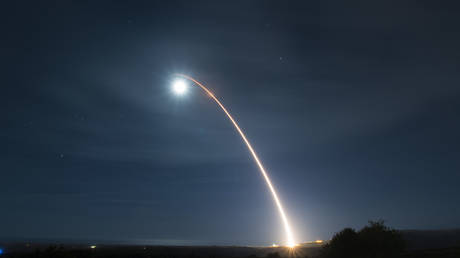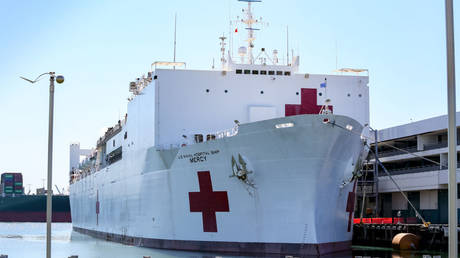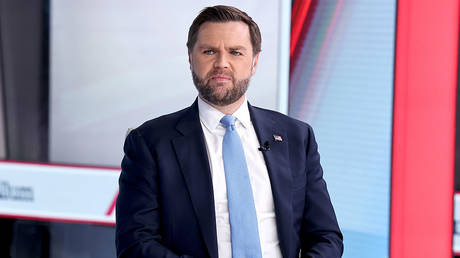
Both states are considering the resumption of inspections under a nuclear arms reduction treaty known as New START, Russia says
Moscow and Washington are “engaged in a dialogue” with a view to reviving the New START agreement, Russian Foreign Ministry spokeswoman Maria Zakharova told a briefing on Thursday. New START is a key nuclear arms reduction treaty that puts a cap on the number of deployed nuclear warheads, as well as their delivery vehicles.
The two powers are considering the resumption of mutual inspections of deployed nuclear arsenals in particular, which were suspended back in 2020 because of the Covid-19 pandemic.
“The topic of resuming them is being considered,” Zakharova told journalists, adding that the sides are now discussing ways that would allow them to “return to the full implementation of the treaty in this regard.”
Russia and the US might also hold an in-person meeting of the bilateral advisory commission, the spokeswoman said, adding that such possibilities are “being studied.” The commission is currently holding a remote session as its members discuss “organizational and technical issues that need to be addressed,” she added.
According to Zakharova, “anti-Russian” actions by the US and its allies have made even some “routine” procedures envisioned by the treaty difficult. The spokeswoman denounced Washington’s stance on some issues as “unconstructive” and said that Moscow would seek to “resolve all the issues of concern” on an equal footing and in line with Russian national interests.
The 2010 New START treaty remains virtually the only active arms-control deal between the two nuclear powers since America’s unilateral withdrawal from the Intermediate-Range Nuclear Forces (INF) treaty in 2019.
The deal was due to expire in early 2021 and was almost on the brink of collapse when Russian President Vladimir Putin and the US President Joe Biden agreed to extend it for five years in January 2021. The agreement was salvaged at the last minute after previous talks stalled between Moscow and Washington under Biden’s predecessor, Donald Trump.
The deal limits the number of nuclear warheads that the US and Russia can possess to 1,550 each. It also says that each side must have no more than 700 deployed intercontinental ballistic missiles, submarine-launched ballistic missiles, and nuclear bombers. The total number of strategic nuclear delivery vehicles must not exceed 800.
The news comes as relations between Moscow and Washington have sunk to historic lows amid Russia’s ongoing military action in Ukraine, which has seen the US support Kiev with military and financial aid.




